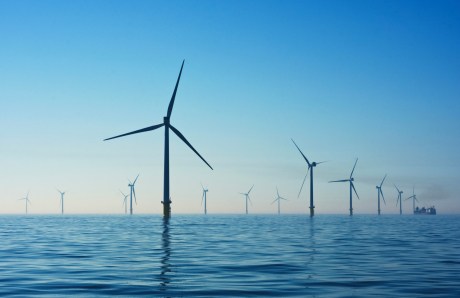
Which energy label is mandatory for your business?
27-03-2025 Shift to Solar
Are you an entrepreneur or property owner in the Netherlands? Then you have to deal with the energy label for your business premises. But which label exactly is compulsory for offices, shops, industrial halls and other utility buildings? And what are the consequences if you do not comply? In this blog you will read all the basic information, plus how to improve your energy label with help from Shift to Solar. What is an energy label and why is it mandatory? An energy label shows how energy efficient a building is. The labels run from G (red, very inefficient) to A (green, very efficient). With a better label, you use less fossil energy and emit less CO₂. So in practical terms, as an owner, you must be able to present an energy label when you sell or rent your commercial property. This includes not only offices, but also shops, restaurants, healthcare and government buildings. When is an energy label mandatory? Basically: sell, rent or hand over almost any property? Then you need a valid label. A label is valid for ten years, so always check that it has not expired. Energy label C for offices from 2023 There is an additional requirement for offices: This rule was introduced to make offices more energy efficient at an accelerated pace. For monuments
Read more